The European Accessibility Act (EAA) may seem like it’s a way off at present. However, the changes that your business might need to make to be compliant, may take time to address. This blog explores all you need to know about the new legislation coming in 2025.
What is the European Accessibility Act (EAA)
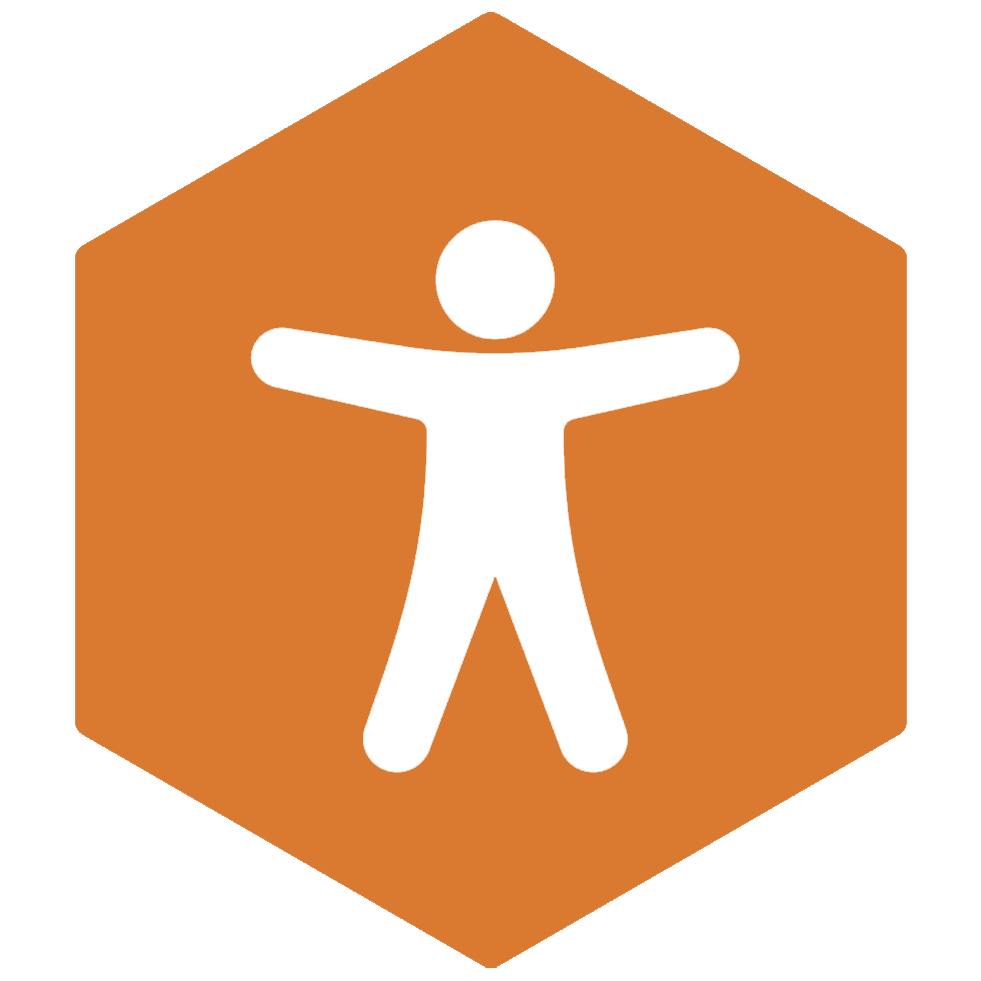
The EAA was first adopted back in 2019, which stated what businesses needed to do to become inclusive for all of their consumers.
The deadline of 28 June 2025 is now fast approaching. This call to action for companies “requires some everyday products and services to be accessible for persons with disabilities” across Europe.
This new inclusive legislation brings benefits for both customers and businesses by:
- Making products and services easier to access for people with disabilities, older people, and those with temporary or situational limitations.
- Simplifying cross-border trade and giving certainty to businesses that they can sell their products and services throughout the EU.
The new law, which is based on the UN Convention on the Rights of Persons With Disabilities, will create groundbreaking steps forward for digital accessibility. Similar to Web Content Accessibility Guidelines (WCAG), these focus on the four principles that content should be:
- Perceivable: Meaning your users need to be able to recognise and use your online services with the senses that are available to them, such as through sight, hearing, or touch.
- Operable: Your audience needs to be able to operate your site easily, no matter what form of technology they use.
- Understandable: It’s crucial that users can read and understand your content and digest how services work.
- Robust: Platforms are built in a way that is compatible with different technologies, such as screen readers and voice recognition software.
What products and services will the legislation apply to?
The EAA will ensure that there is equal access across:
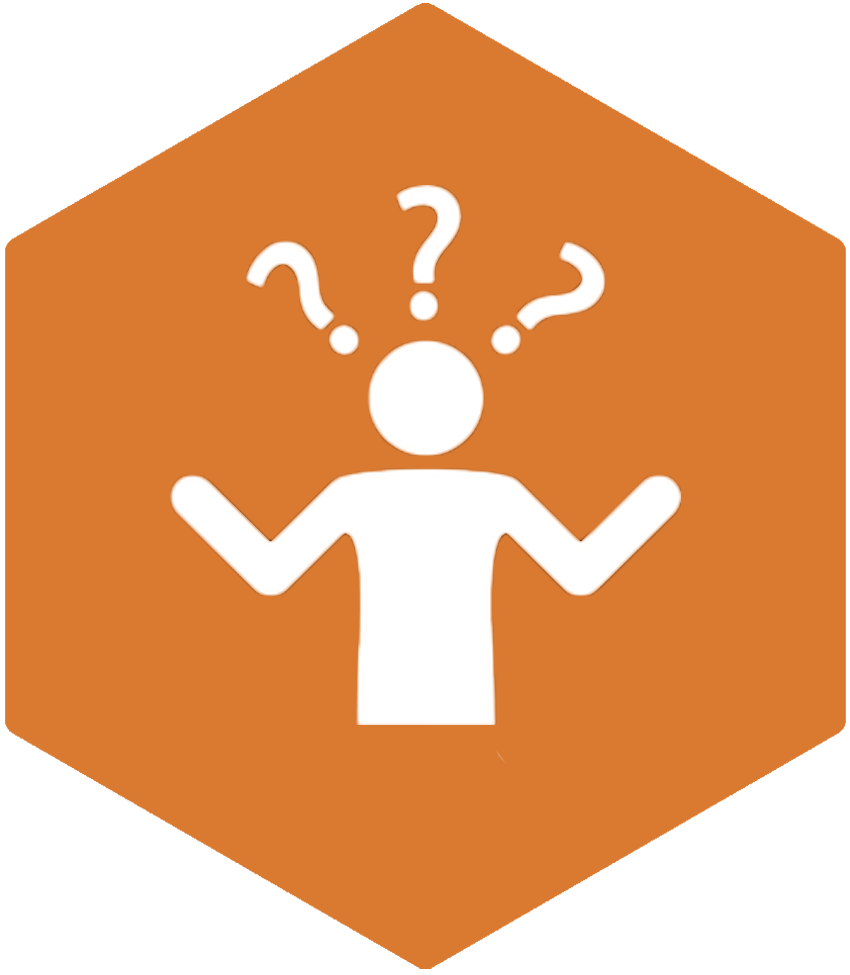
Products
- Computers and operating systems.
- Smartphones and other communication devices.
- TV equipment related to digital television services.
- ATMs and payment terminals.
- Ticketing and check-in machines.
Services
- Phone services.
- Banking services.
- E-commerce.
- Websites, mobile services, electronic tickets and all sources of information for air, bus, rail, and waterborne transport services.
- E-books.
- Access to Audio-visual media services (AVMS).
In a nutshell, the common requirements focus on:
- Websites and digital services being digitally accessible. If platforms align with WCAG, users of assistive technology will be able to fluently navigate and interact with digital products and services. For example, this could help to remove the barriers found for people when trying to purchase online tickets.
- TV and streaming services having accessibility features, such as audio descriptions and captions, being available as a standard.
- Independent financial management both on and offline, such as providing audio assistance on ATMs to assist blind and partially sighted people.
- Communication methods being accessible for disabled people. This includes email, messaging services, and over the phone.
What businesses does the EAA apply to?
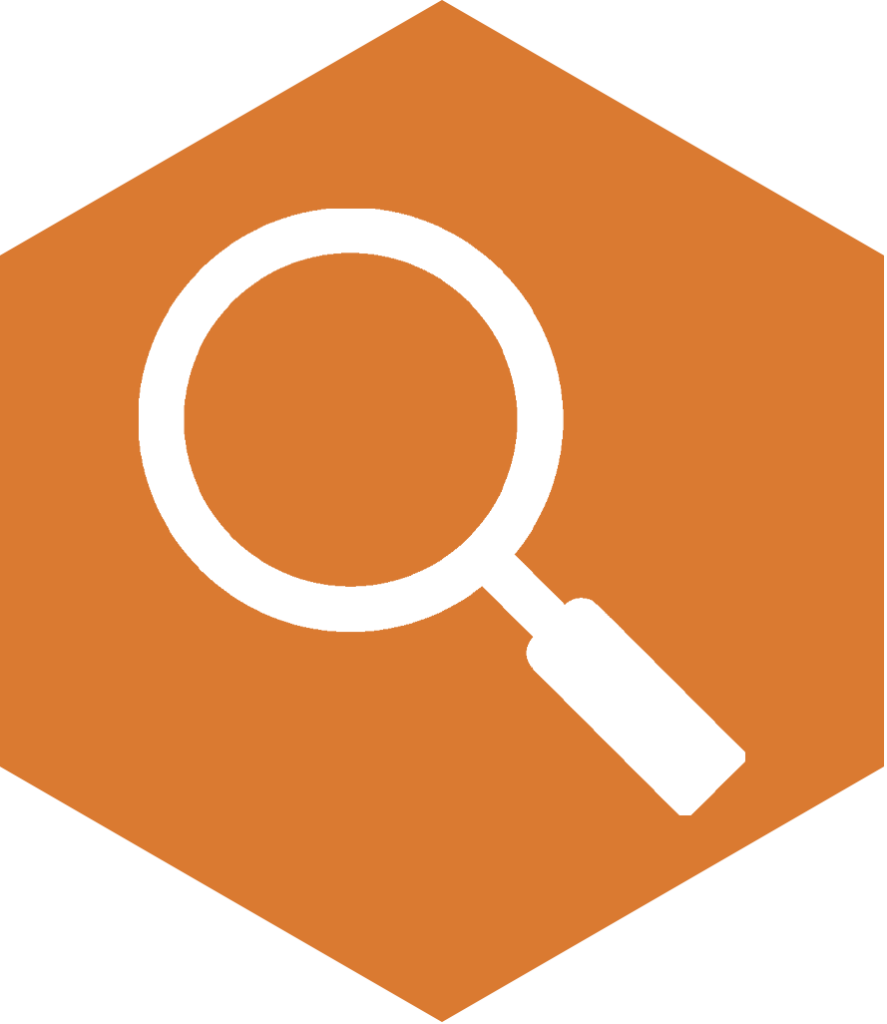
At present, in the UK, organisations only need to make ‘reasonable adjustments’ to accommodate people with disabilities, for example, providing alternative formats. This is unless you are within the public sector, where it is mandatory for organisations to be accessible. The new EAA legislation changes this, even if you are a private business.
If you are a business that operates or sells products and services in Europe, you must adhere to the EAA wherever you are based. The only businesses exempt from the law are small companies with under ten employees. However, that doesn’t mean small businesses shouldn’t begin prioritising accessibility to assist their disabled customers—it’s the right thing to do.
What can businesses do to prepare for the new legislation?
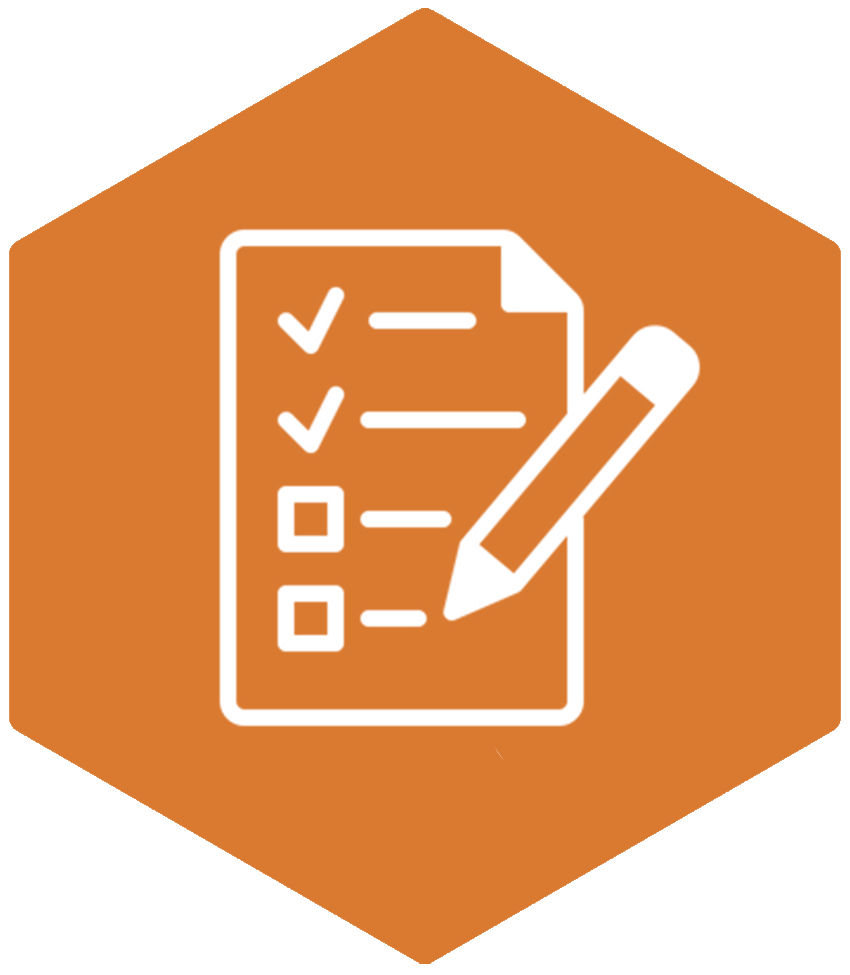
Firstly, establish if your business falls within the EAA. The next best step to take is having an accessibility audit of your digital services with a reputable accessibility agency, like our own.
Having an audit undertaken will flag up the areas of your website which are failing to meet web standards, giving you a clear roadmap of actionable changes needed to meet the EAA. When choosing an audit provider, be sure to check that they perform manual user testing, along with automated scans. Manual checks are the only way to discover if your platform works with assistive technology devices and software, such as screen readers and voice recognition. With a HeX audit, we’ll give live demonstrations with these devices to fully understand why they present barriers for disabled users.
You then have time to either turn to an in-house development team to make the required changes, or have an external web development expert do it on your behalf.
It would then be best to do these checks routinely to ensure that you stay compliant. This is particularly important if you have multiple people updating your platform, or if you add any new features along the way. Plus, technologies are advancing all the time, so it’s just good practice.
What happens if a company doesn’t meet the EAA standards
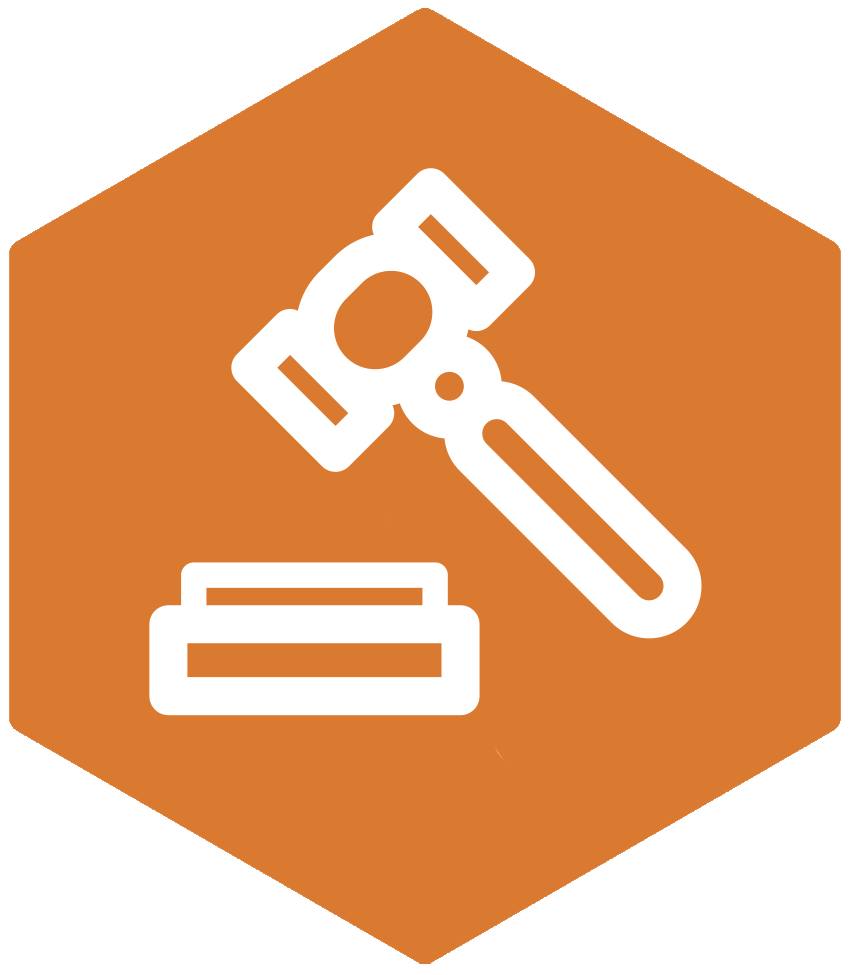
Like breaking any law, there will be consequences.
This includes:
- Legal action.
- In some cases, a prison sentence.
- Hefty fines, which could be up to €1,000,000, depending on the severity of the infraction.
- Disruption to the business whilst rectifying the infringements.
- A damaged reputation.
- Loss of custom.
How we can help you to become compliant with the EAA
There’s no better time to start preparing for the changes coming into effect on 28 June 2025.
Not only are our team leaders in the industry when it comes to accessible web development, but we also have vast experience with inclusive e-commerce products and services. Two areas that are crucial to be in line with the EAA.
Get in touch for an informal chat to see how we can help you on the next steps forward to ensure that you comply with the European Accessibility Act.
